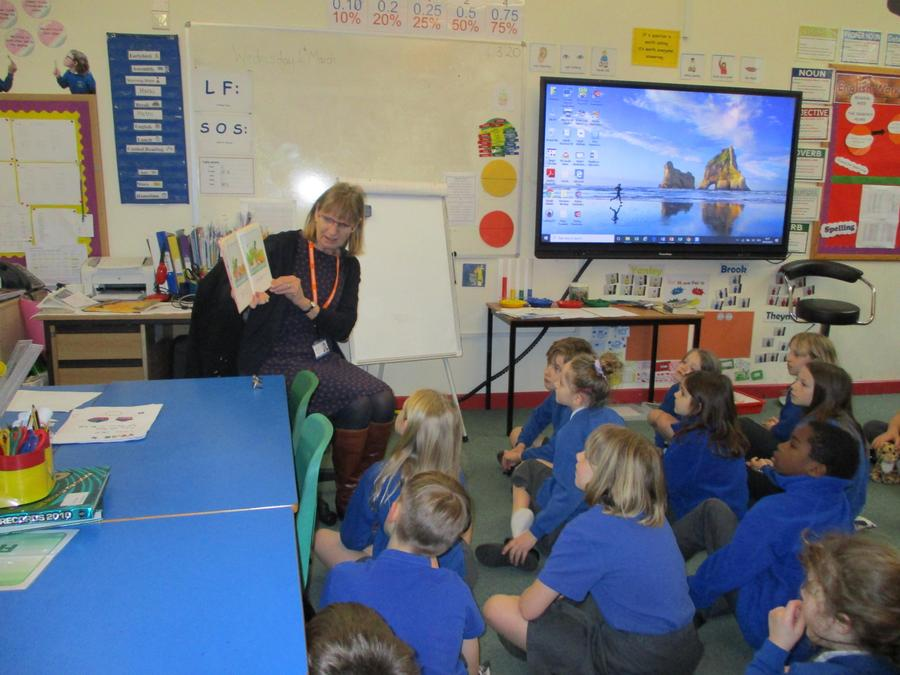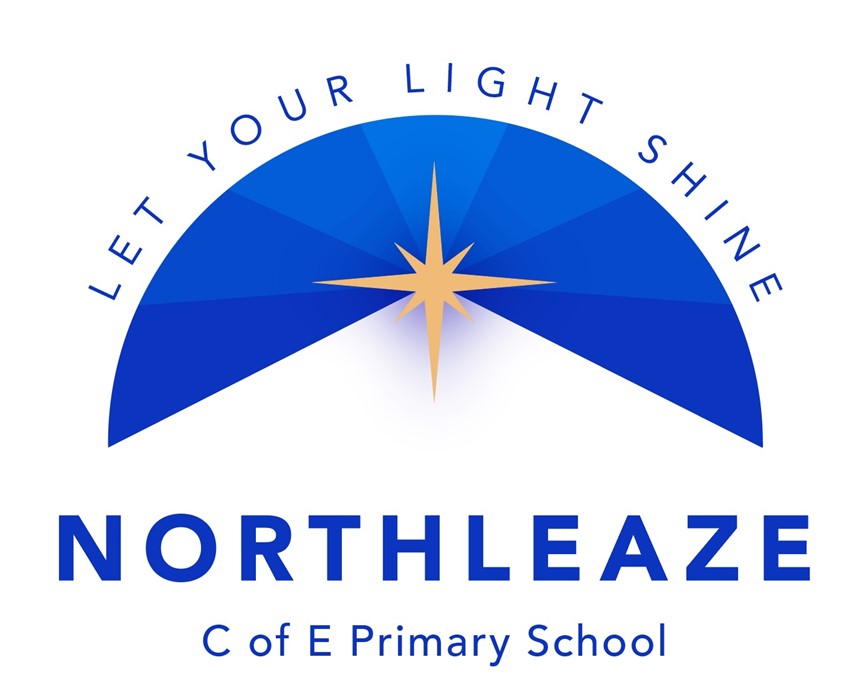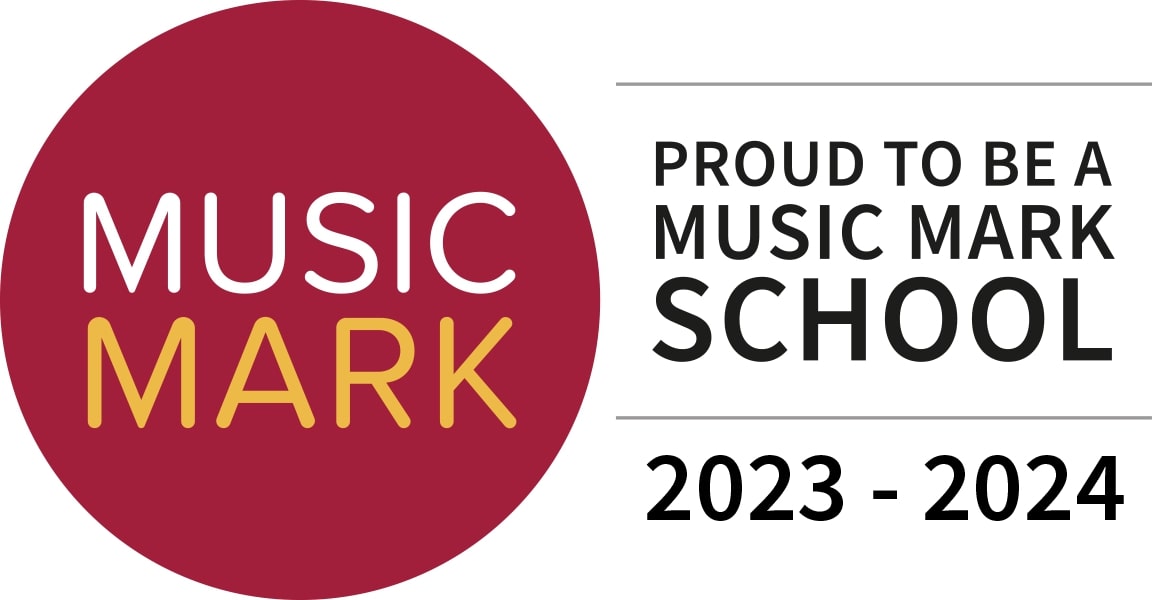Reading
We wholeheartedly understand the importance of learning to read and the doors that are opened by nurturing a love of books. There are many research papers that support the idea that confident readers have a head start in life and that is what we wish to instil in all Northleaze pupils now, and into their future.
"So it is with children who learn to read fluently and well: they begin to take flight into whole new worlds as effortlessly as young birds take to the sky."
William James
Please see below for how we develop confident readers from the very earliest start at Northleaze:
Do we teach with fidelity to an SSP programme?
- Yes. From the start of Term 5 2022, we will be following one of the new DfE validated phonics programmes: 'Unlocking Letters and Sounds'. This provides a full set of lesson plans, resources and intervention strategies to ensure full fidelity.

- Phonics lessons are 20-25 minutes long and teachers use the same phrases, visual prompts, actions and technical language to ensure consistency across Early Years and KS1.
- Assessment takes place six times a year using a comprehensive check of graphemes and common exception words, the results of which are shared with the reading leader.
- Phonics lessons are continued in Year 2 where assessment indicates a need, but this is in addition to the 'No Nonsense' spelling scheme lessons.
How do we ensure our children make a strong start in Reception?
- Daily phonics lessons take place from Week 3 of Term 1, following a clear four-part structure.
- Opportunities for reading and writing are provided within the phonics lesson and pupils have additional reading practice every day.
- Formal assessment takes place at the start of Term 2 but AfL is used in every lesson to identify pupils who may be falling behind, or who are at risk of falling behind.
- Any gaps are then addressed on a 1:1 basis using interventions that match our phonics programme.
- Pupils sit in positions in phonics lessons that allow teachers to target questions and teaching assistants to support appropriately.
How do we ensure a cumulative progression of sounds and books?
- 'Bug Club' fully decodable books are used throughout Reception and KS1, following the progression of 'Unlocking Letters and Sounds' until pupils are fluent readers.
- A process is underway to invest further in additional high interest/low decoding books for pupils in KS2, as well as additional titles for KS1 to ensure a plentiful supply.
- Pupils are expected to read books at least three times to practice decoding, build fluency and develop prosody. This strategy is shared with parents through workshop opportunities, parents' evenings and class newsletters. (Please scroll down for the September 2021 presentation to parents.)
How are we building a team of expert reading teachers?
- The Headteacher is currently the Reading Leader and has experience teaching in the Early Years and KS1.
- All staff have attended full DfE accredited Letters and Sounds training (May 2021, January 2022) and any new staff will receive training as close to their joining date as possible.
- Teachers across Reception and KS1 use the same language, actions and resources to ensure low cognitive load for pupils.
- Opportunities for staff to practice phonic strategies and intervention techniques is provided in staff meetings for both teachers and teaching assistants.
- Pupil Progress meetings are held three times a year with reading, and phonics, a focus for discussion.
How do we reach the lowest 20% pupils in each class?
- The Reading Leader monitors phonics lessons to ensure all are of the highest standard and following the programme, thereby reducing the number of pupils who need extra support.
- Daily short, 1:1 interventions (using 'Unlocking Letters and Sounds' strategies) are in place for those pupils falling behind.
- A reading and/or phonics assessment is undertaken within the first week of a new starter's entry and interventions put in place where needed.
- Parents are encouraged to support their child at home with advice, activities and resources provided where appropriate.
How do we build talking and listening into all activities across the whole day?
- Class discussions, story time sessions, circle time, PSHE lessons and 'talk partners' are all opportunities for pupils to build talking and listening skills.
- Whole class reading lessons take place from Year 3 to Year 6, giving many opportunities for pupils to listen, build vocabulary and talk about texts.
- Where teachers have concerns regarding a child's speech and language skills, 'Time to Talk' groups or 1:1 sessions will be timetabled and a referral to an external agency made, if necessary.
- Teachers use 'talk partners' to encourage listening behaviours and routines for talking.
Do we develop pupils' listening comprehension and language by reading aloud and talking about stories, poems and non-fiction books?
- All classes have a story time session timetabled for the end of every day. The English Leader has developed a reading 'spine' of high quality texts for each year group which is now in place and used during these story times.
- A reading comprehension progression document for Year 1 to Year 6 has been written and is used to ensure appropriate progression in the teaching of comprehension skills during reading lessons. (See below for this document.)
- Appealing book corners/areas can be found in all classrooms with teachers working to ensure quality books at an age-appropriate level are available for all pupils.
- Parents are supported to understand the importance of reading to their child, even once they can read fluently, through reading workshops and information on the website.





